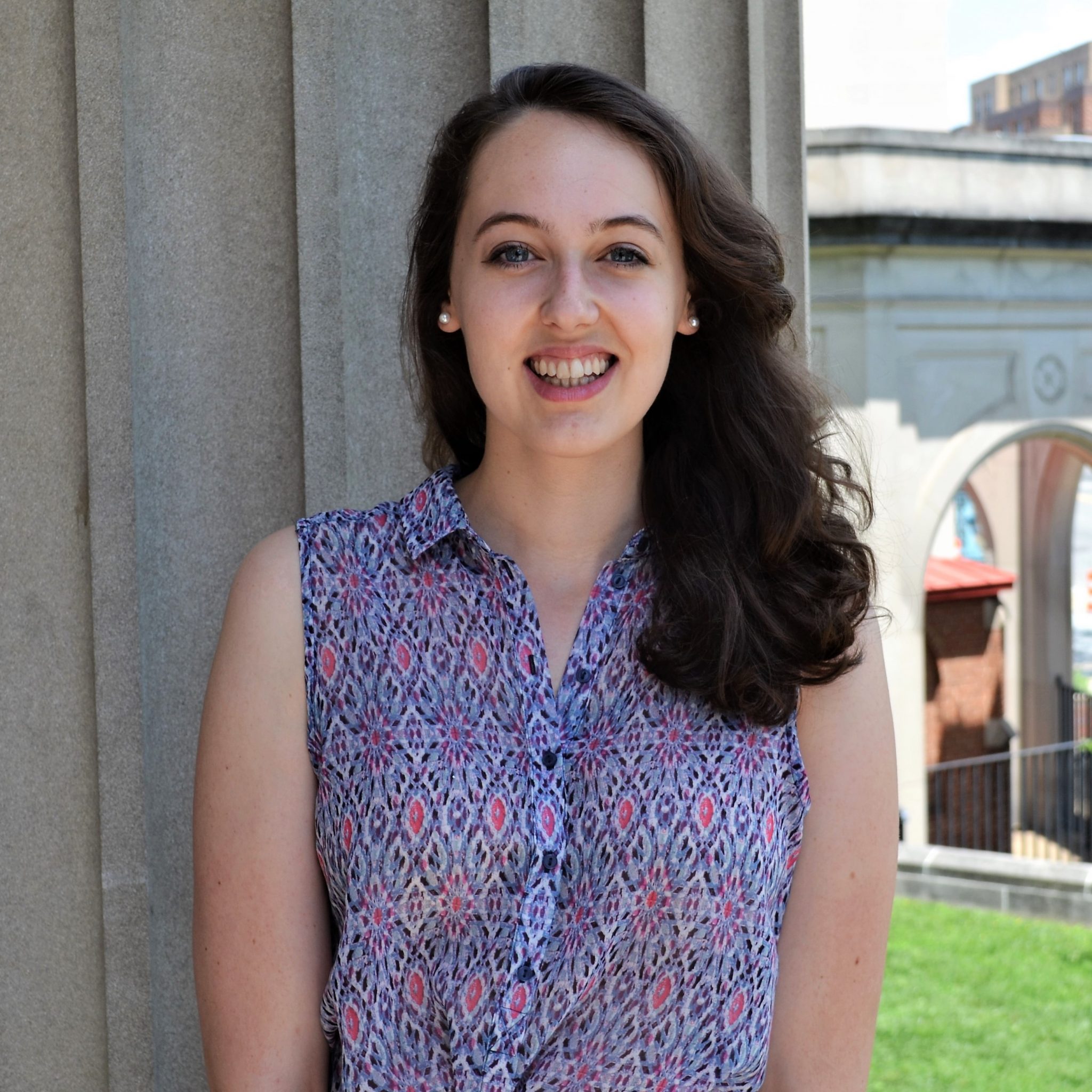Anna Leader, teacher of French and English at The Pennington School, won Luxembourg’s national literary contest for young authors three times, and her literary translation work has garnered numerous prizes. Most recently, Luxembourg’s national theater commissioned her to write a play about the coronavirus pandemic. Her play, “Deliver Us,” debuted at the Grand Théâtre de Luxembourg in early October to a live, physically-distanced audience.
“Deliver Us” features a series of conversations between delivery nurses and women going into labor. The play contains three timelines, each set in a unique moment of crisis: 2020, 1962 and 1918. In 2020, a millennial agonizes over the consequences of having a baby amidst the COVID-19 pandemic, economic collapse and climate change. In 1962, a housewife gives birth under the cloud of impending nuclear war. And in 1918, an unmarried woman faces her own mortality as she goes into labor while fighting the Spanish flu.
With COVID-19 as the cornerstone of “Deliver Us,” Leader articulates the anxieties of the current era while gracefully drawing parallels between other crises of the past century, according to information provided by the Pennington School. The Spanish flu serves as a natural analogue, but Leader also seeks subtler historical connections. A conversation with her grandmother, who gave birth to Leader’s father in 1964, inspired the play’s third timeline.
“She told me how stressful it was to give birth during the Cold War. I hadn’t even thought about that. Nothing happened, there was no huge nuclear crisis, so we forget about it,” Leader said in the statement. “But imagine having a shelter in your garden, really thinking the world is going to end, and you’re pregnant. That felt like an existential crisis.”
The backward progression through the play’s three timelines illuminates both the social progress and the intensifying anxieties of the last century, according to the statement.
“The existential crises are getting bigger and worse. They don’t just threaten humanity, they threaten the fate of the entire planet,” Leader said in the statement.
She added that quality of life has improved for many people since 1918.
“A woman now can do a ton of things that a woman in 1918 couldn’t do,” she said in the statement, also citing the fall in worldwide infant mortality rates since the early 1900s. “There have been a lot of improvements. But the overlying existential terror has escalated.”
Leader, who was born in the United States and raised in Luxembourg, has written since childhood, and she has penned a number of award-winning poems, plays and novels. Despite her literary accolades, teaching remains Leader’s primary focus and passion.
“I learn so much from teaching. Preparing a lesson and diving deep into a text or its context, I find it so exciting,” said Leader, who studied comparative literature at Princeton University. “Teaching gives you a chance to get everyone’s input and everyone’s views on life, and I think that’s so important. And it’s emotionally engaging too because you’re handling so many different students’ needs. There’s nothing that replaces that.”

